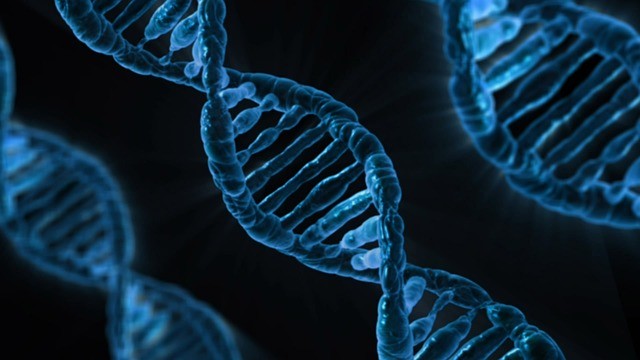Scientists are now claiming they are already on the brink of a breakthrough technology where digital data can be safely stored for thousands of years by placing it on strands of DNA.
A team of researchers has reported during the 250th meeting of the American Chemical Society that they were able to prove and show that they can save information on DNA that apparently can withstand conditions similar to 2,000 years of storage with no errors when data has been retrieved and decoded from long storage.
Scientists have simulated this passage of time that equated to centuries when they embedded the DNA filled with data onto silica spheres and exposed them to heat at temperatures of 160 degrees Fahrenheit lasting for a week.
Researchers claim that this is equated to 2,000 years when exposed at 50 degrees Celsius yet, the data was intact when it was retrieved and even error free when they decoded it.
The team from the Swiss Federal Institute of Technology located in Zurich also says that they are successful in encoding images, video and even audio tracks with this DNA method and they claim that this long term storage can store anything safely in digital binary code.
Since current digital technology is spawning more massive amounts of data, researchers believe that this DNA storage can be an extremely compact way to stash away data for a very long time.
According to researcher Robert Grass, after the discovery of the double helix structure of the DNA, scientists have compared this to the binary language of computers. For example, on a hard drive of a computer, 0s and 1s represent data while in DNA, nucleotides are classified as A,C,T, and G.
This is a truly unique, long storage capability since it does not require electricity like computers do where DNA technology can become the precursor to effective, nonpower archival techniques where hard drives or magnetic tape can be destroyed just after decades.
Researchers say that the reason they are doing this is because storgae capacity is crucial as longevity capabilities. Comparing current technology like an external hard drive that can store 5 terabytes of data for 50 years but a fraction of an ounce of DNA can store up to 300,000 terabytes in theory.
Scientists also note that DNA can still be retrieved from archaeological finds and be sequenced or decoded today from more than 100,000 years ago which is similar as to how this DNA long term storage method can be safe and proven durable through millenia.
To date, researchers are still sorting out how to label and search for specific information in the stored data in the DNA and also, making the technique more affordable. However, encoding and saving seven megabytes of data in DNA can apparently cost more than a thousand dollars.



























